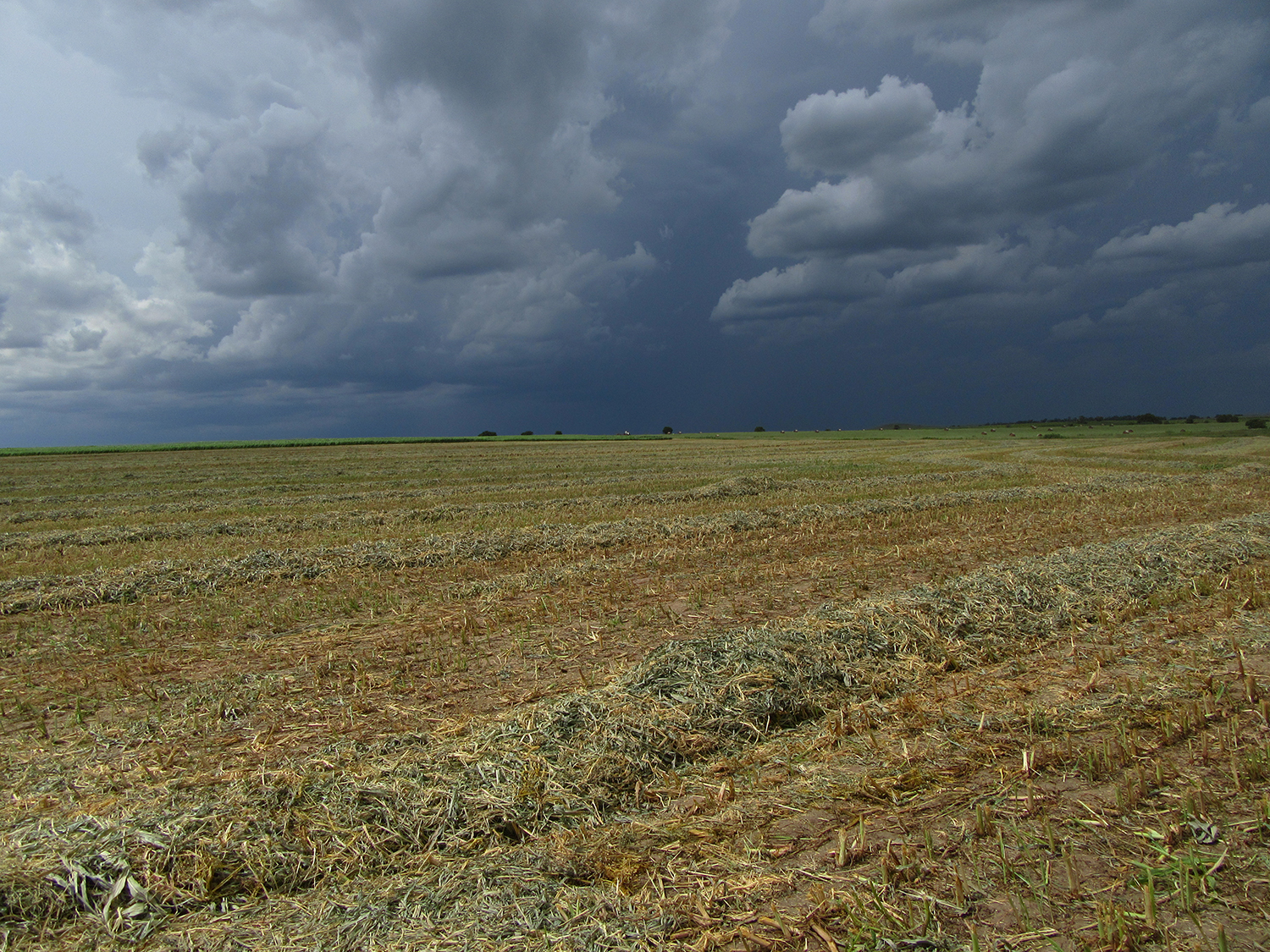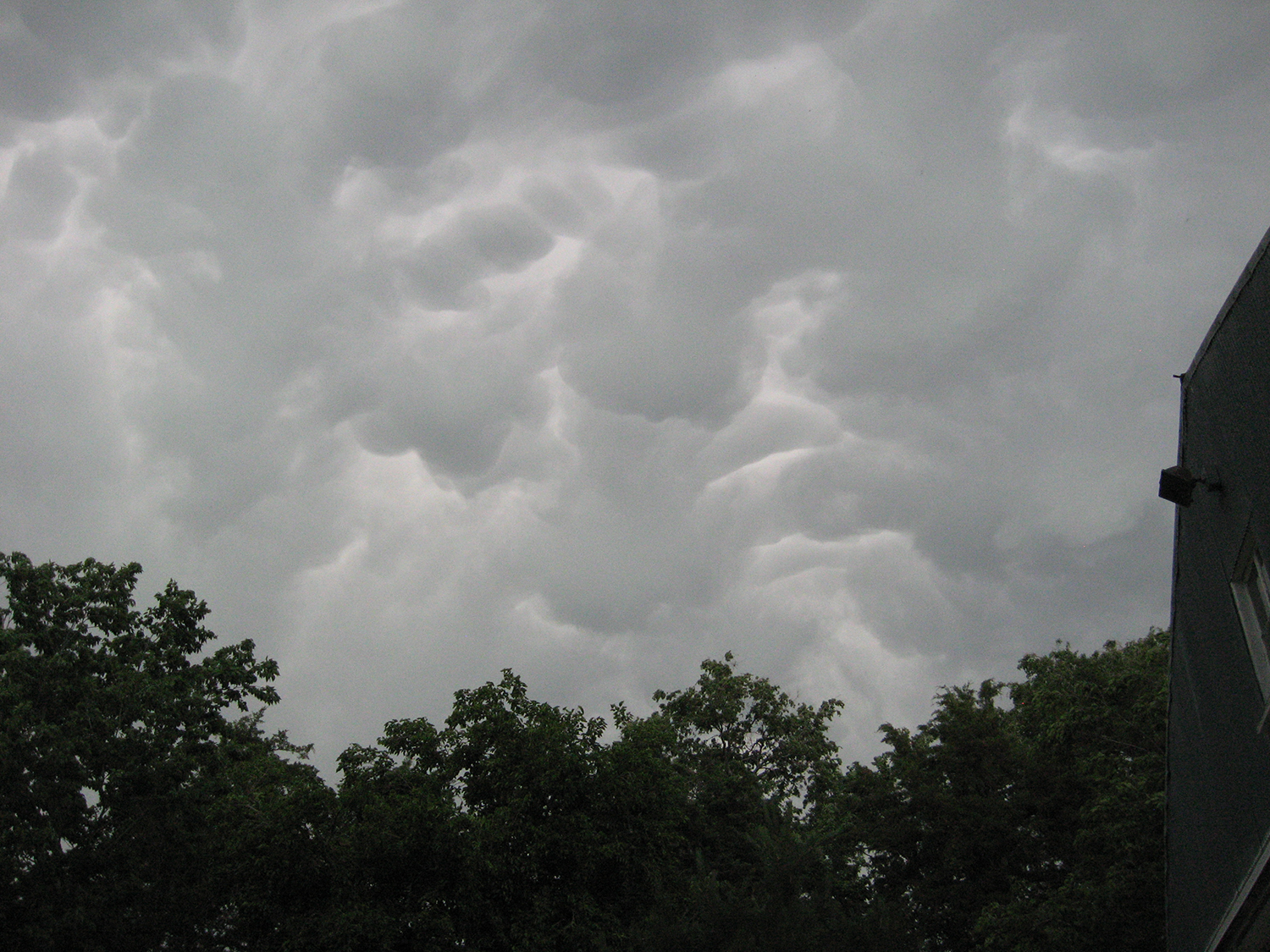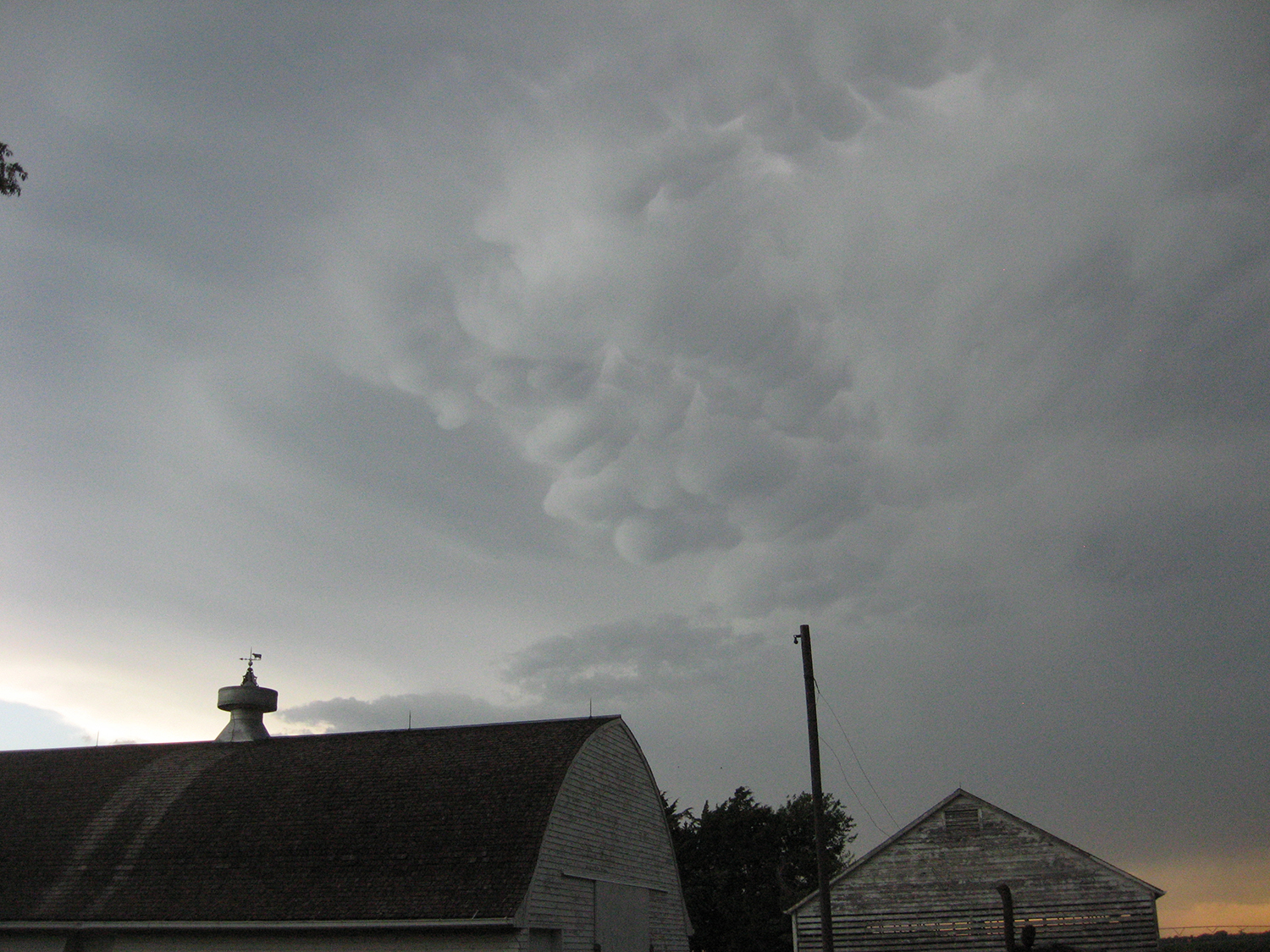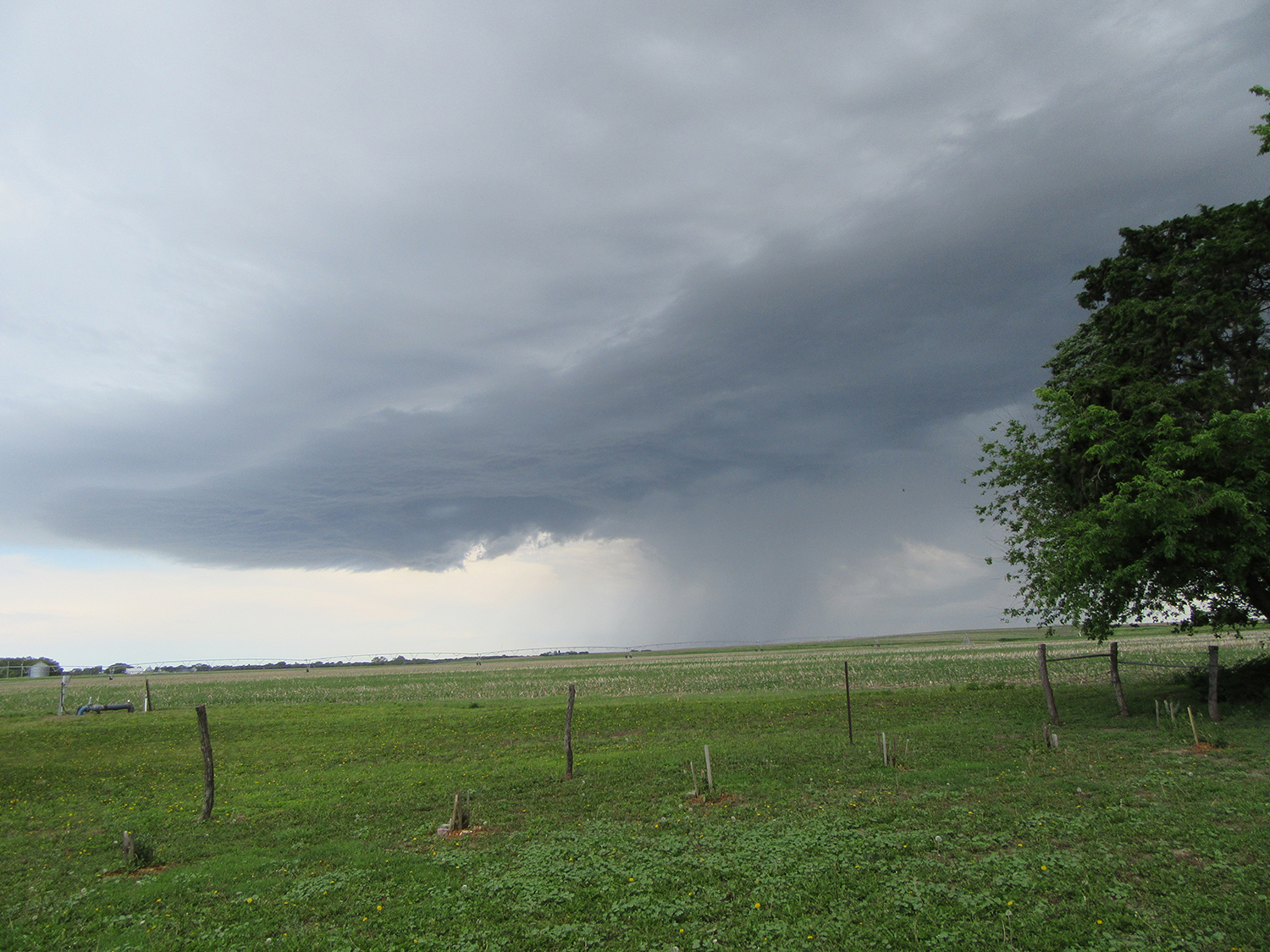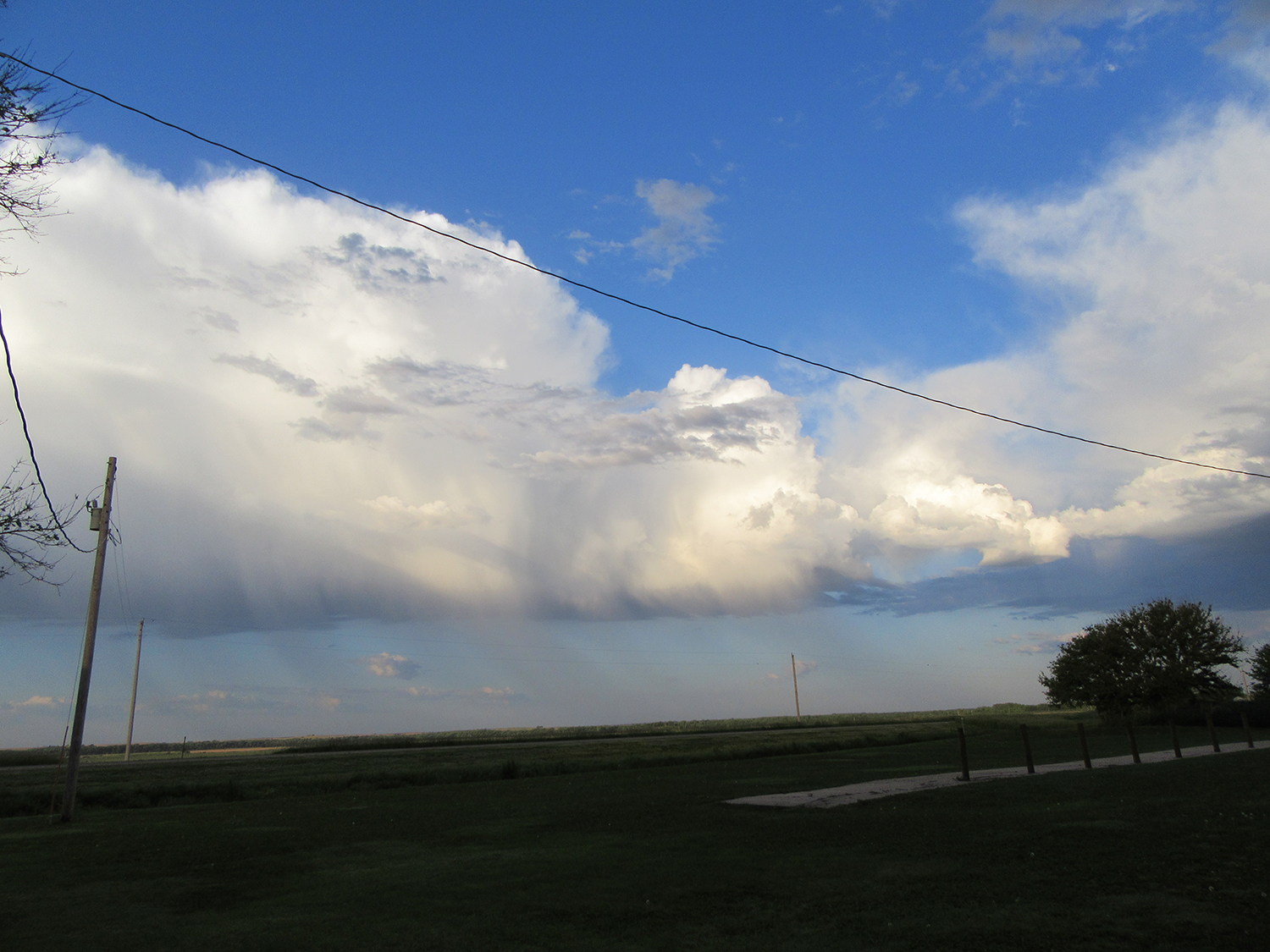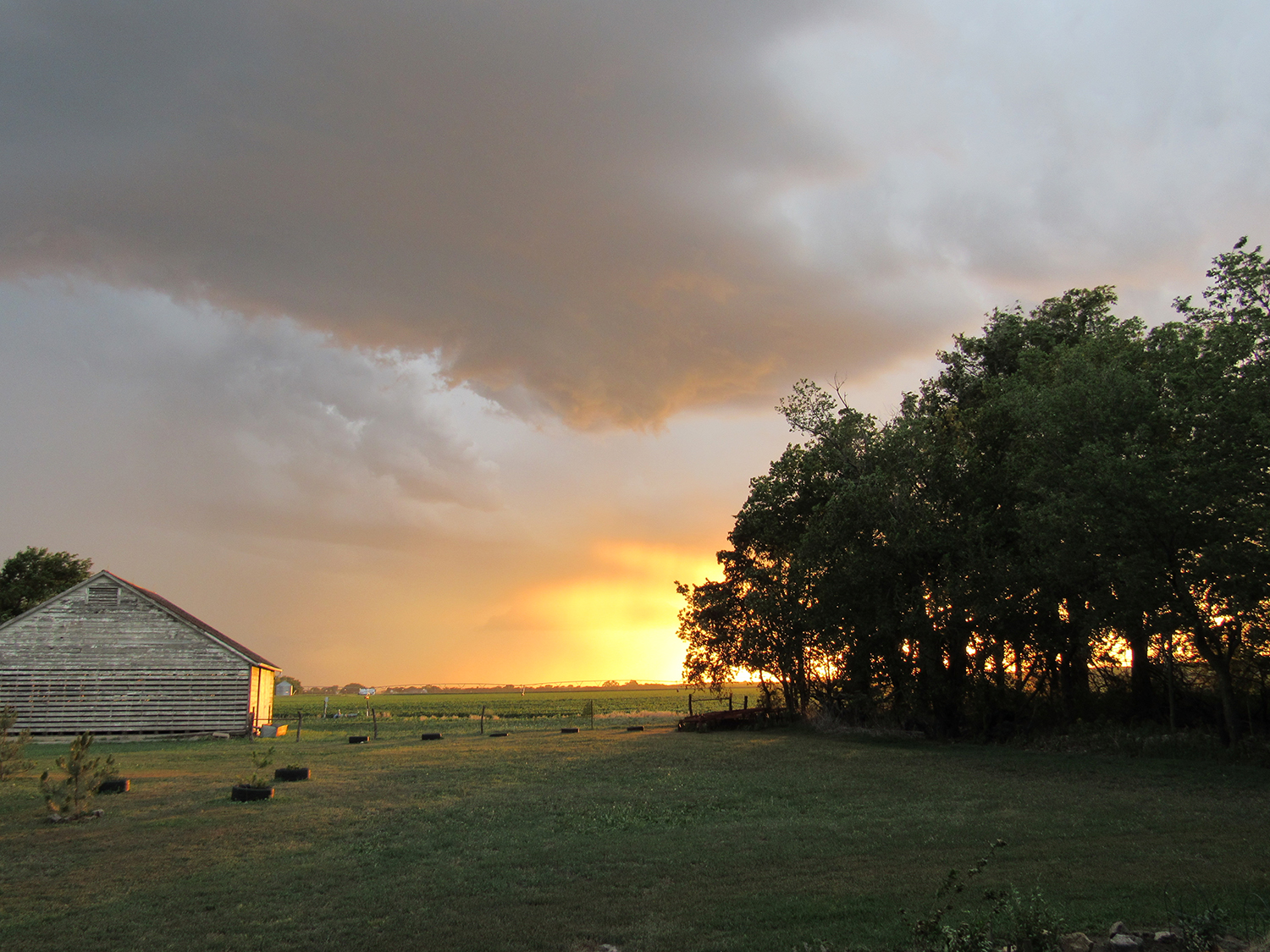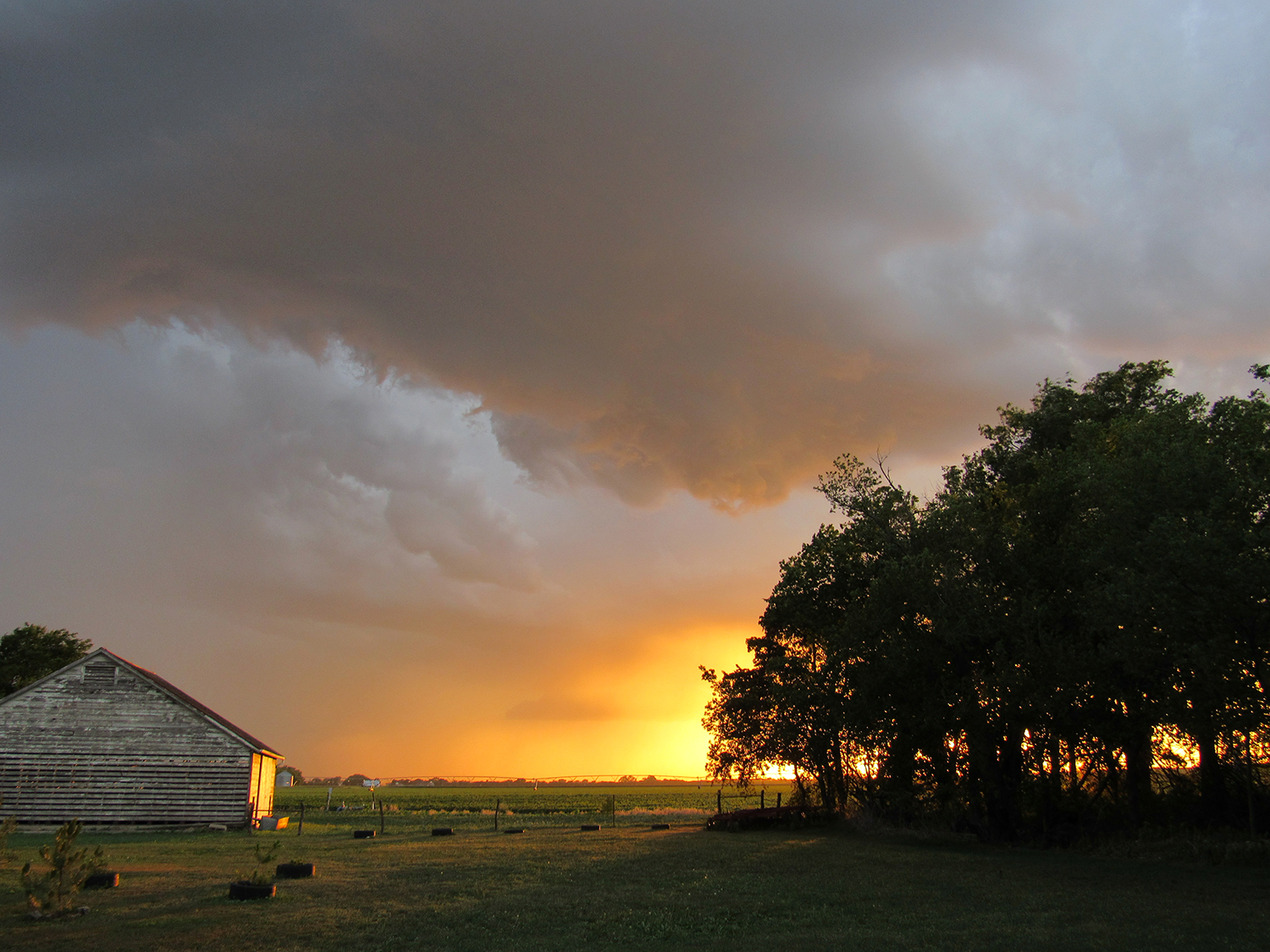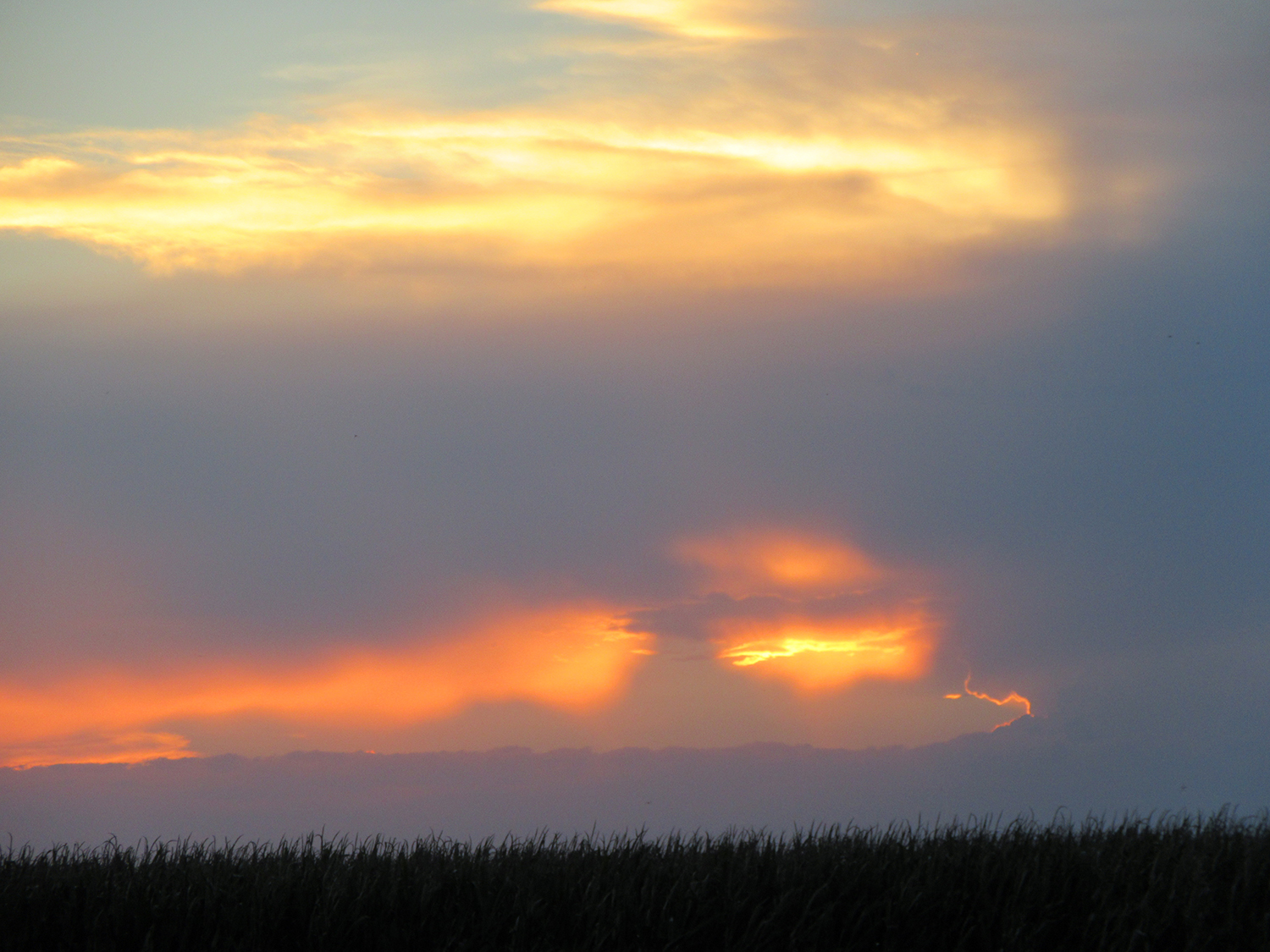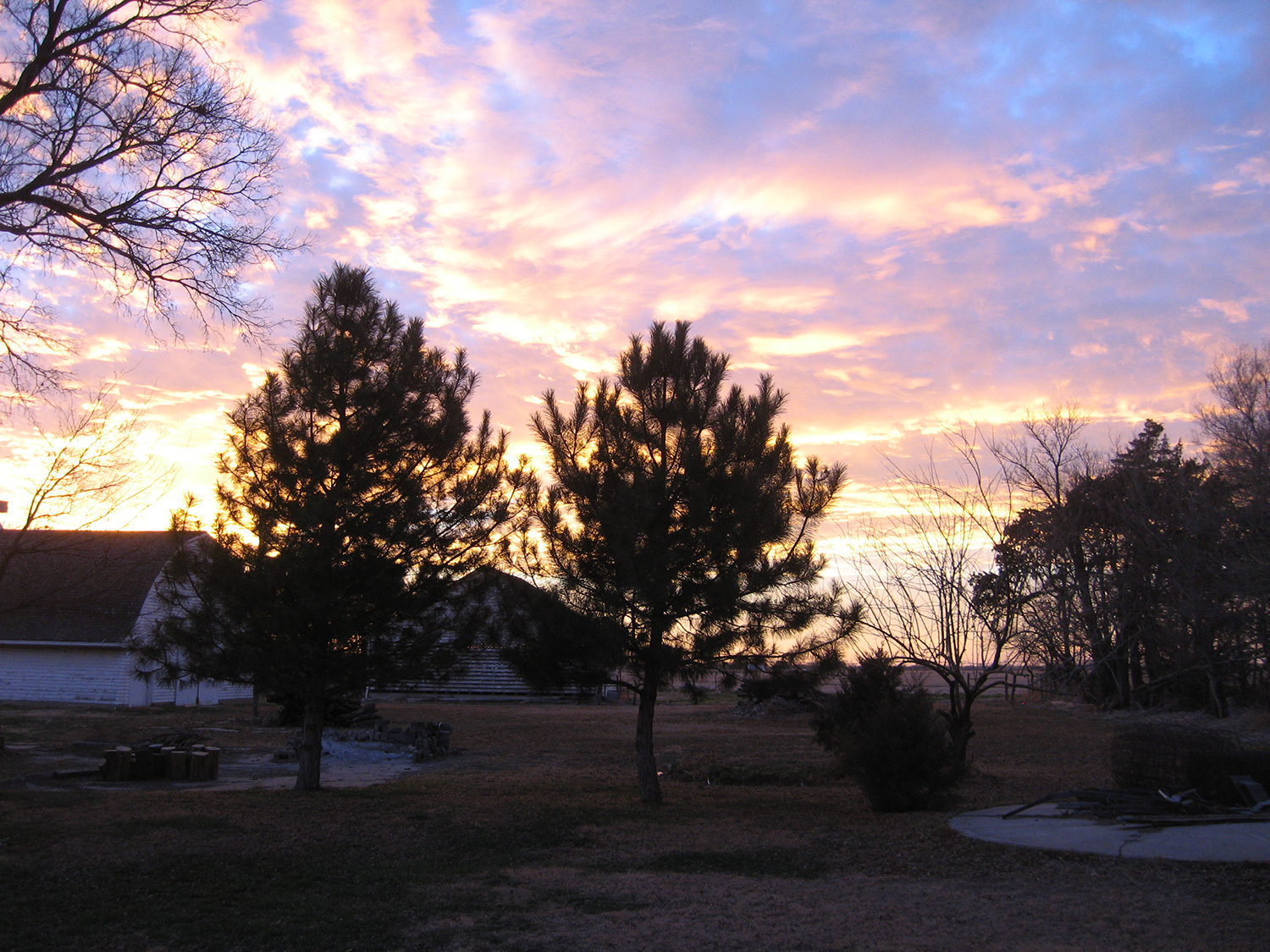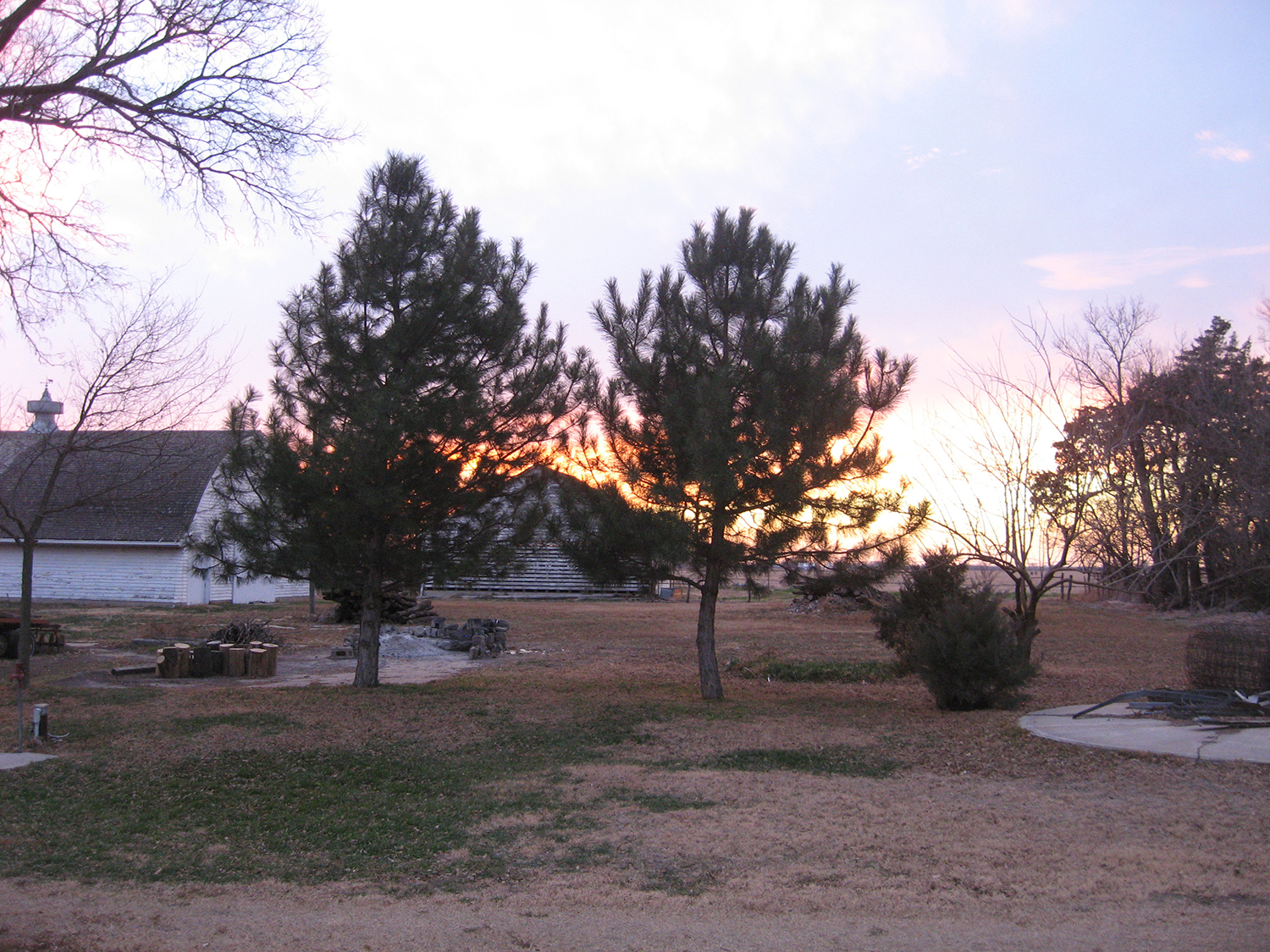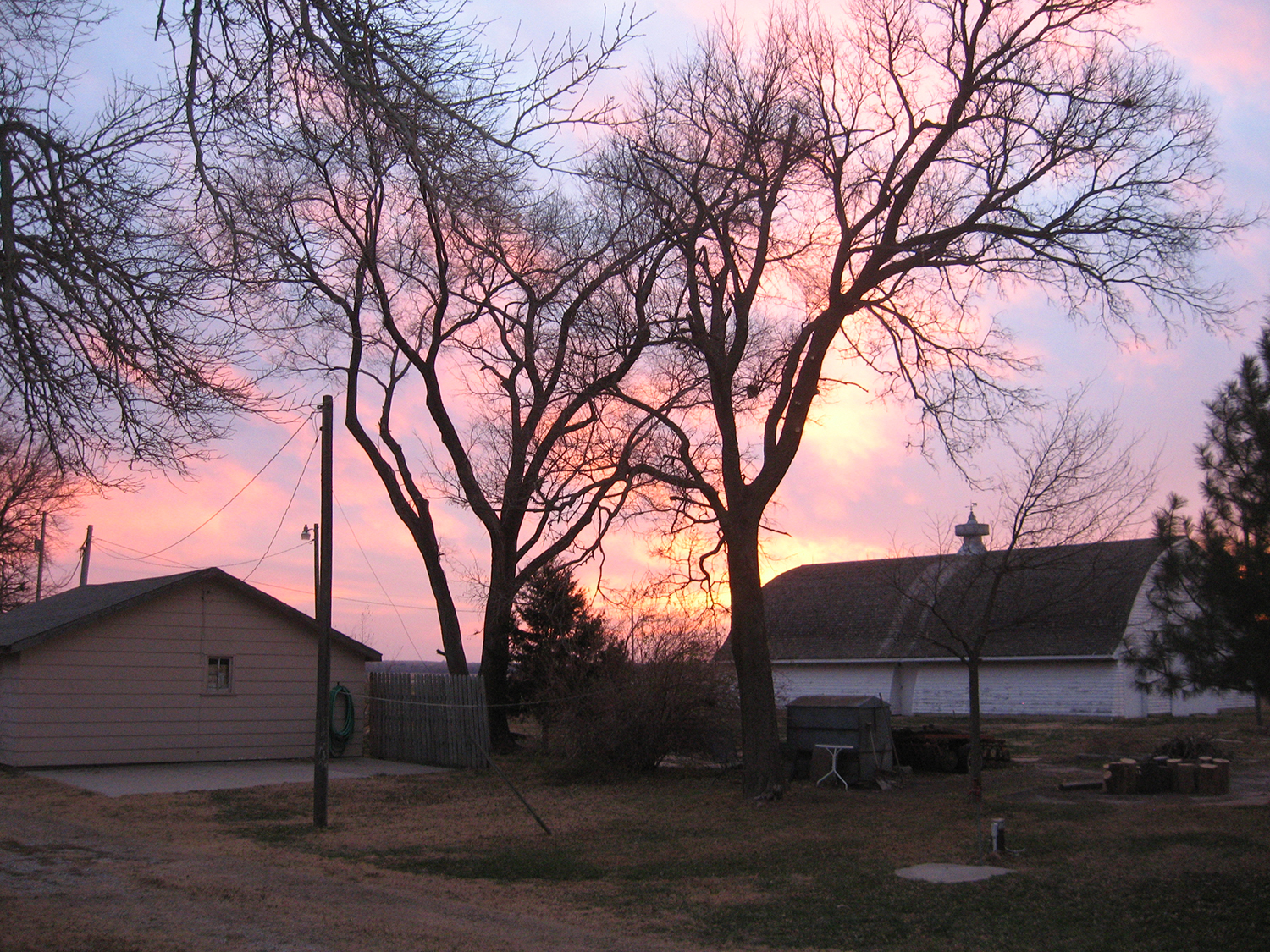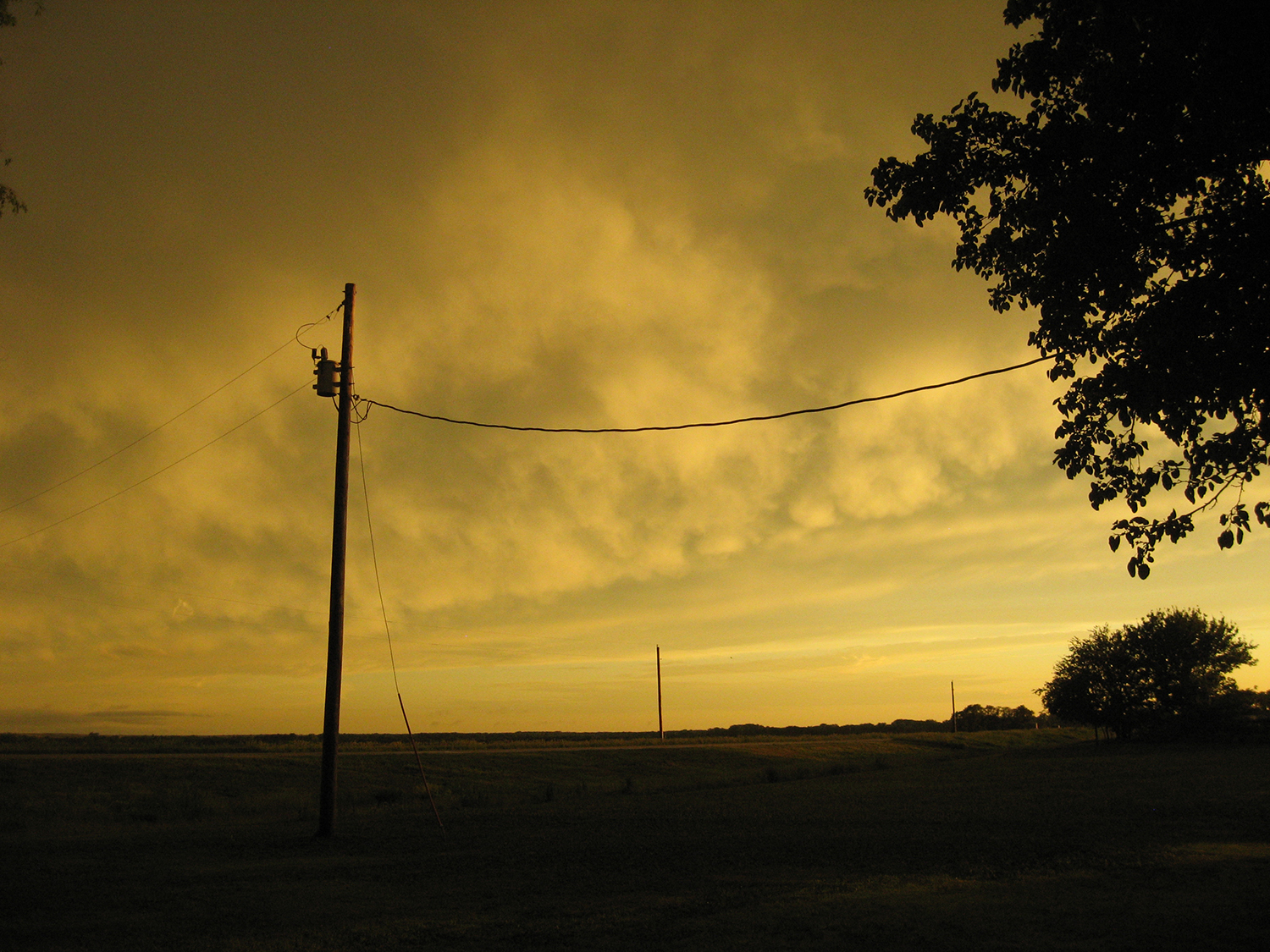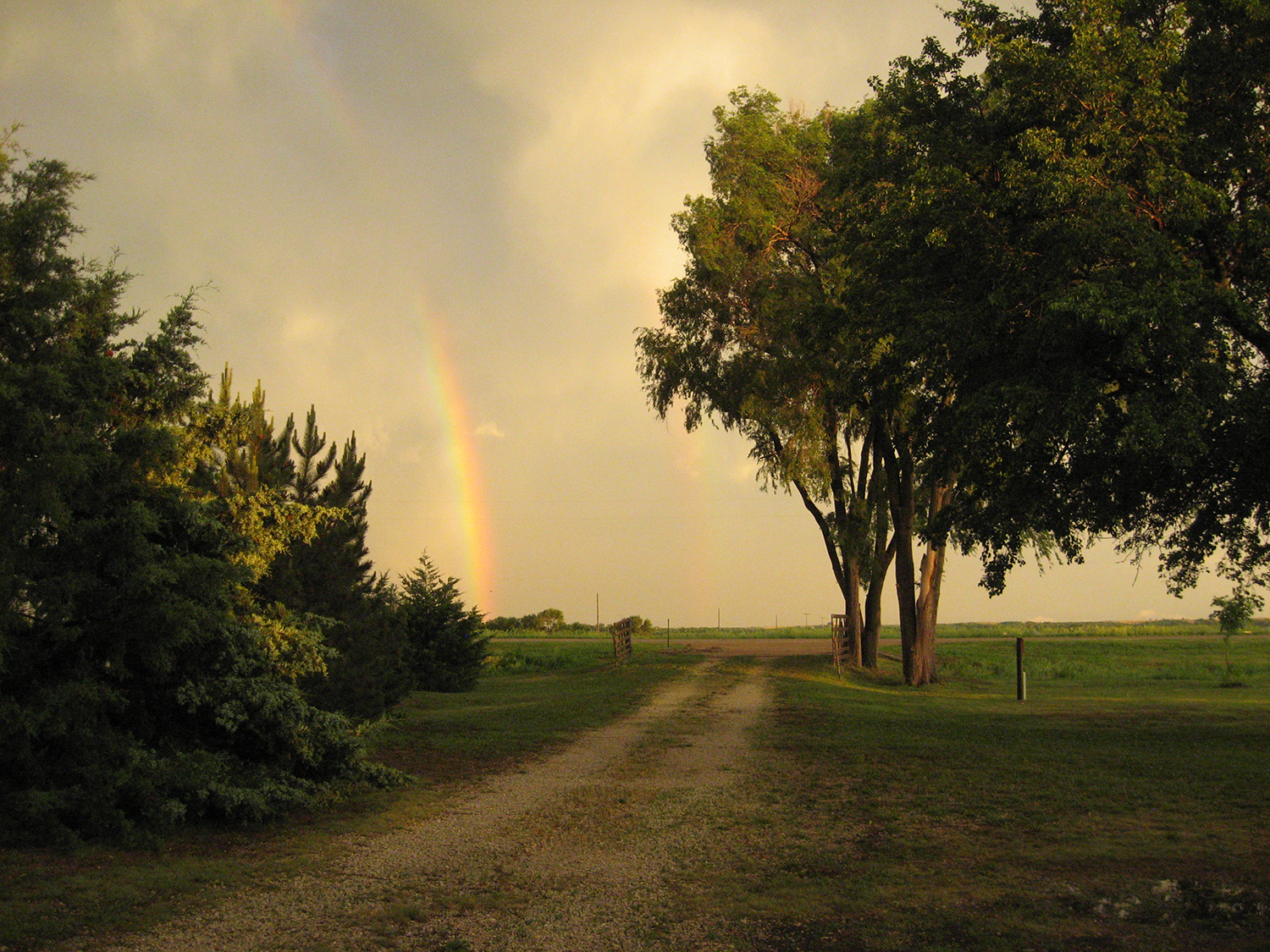Subscribe: http://bit.ly/NatGeoSubscribe ➡ Get More Short F...
My mind is muddled by the amount of suffering worldwide. To relieve my rage, I’ve been ripping invasive plants up by their roots—barehanded. The Asiatic bittersweet roots can be 12-14 feet long, and I pull until I get to the source. Right behind me, robins gather. Watchful. Waiting. As soon as I move out, the robins move in. Where I’ve unearthed invasive roots, I’ve also disturbed slumbering worms. In my wake is a trail of happy meals—and the robins never pass up a fresh worm. We work in unison, in a way; they wait for me to do the hard work. Then they dart through the remaining undergrowth and snag a newly uncovered worm.
As I wrestle with these roots, my mind wanders...
As a kid, I played tag in cemeteries with my brothers and sister. Midwest cemeteries often claimed the highest and best ground. There were views of the plains, the winding Minnesota River below, and bent cedars battered by the winds. Why did the dead get the best views, we wondered?
I remember seeing side-by-side graves of children from the same family—with the same year of death, 1918. My mother told me the reason. It stopped me in my tracks. “Parents had outlived their children?” I asked. And with every move we made, and at every cemetery, it was the same. One cemetery had five children aged 3-15 who had died in the 1918 flu pandemic. The parents’ gravestone showed that they had lived into old age. What had their remaining 50 years been like, crowded with the memories of their children’s faces coming into the world and then leaving this world so soon?
It hurt to think of it.
My grandmother, who was a nurse, had not shielded me from life’s realities. I knew from the moment we arrived on earth we were all eligible for death.
Tomorrow I’ll pull more roots out by hand and hope my anger and this pestilence leaves the land. I don’t know much; I do know the robins will be well fed.








